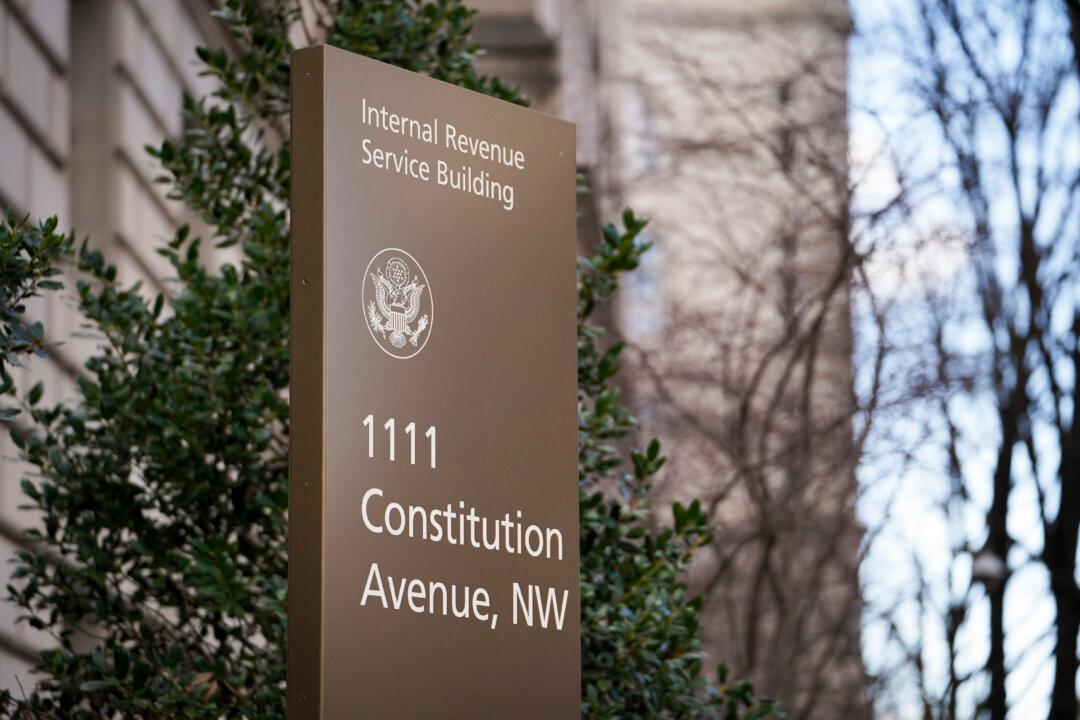The Internal Revenue Service (IRS) launched its free online tax-filing service, Direct File, on Tuesday, allowing a few eligible taxpayers from 12 states to use the service as the agency evaluates the system.
The IRS opened its Direct File service to new users on Feb. 27, enabling people to sign up for four hours between 5 p.m. and 9 p.m. EST. The signup process is now closed. IRS asked taxpayers interested in using the service to check Direct File availability periodically on its website. Last week, the agency explained that the service will be open for new taxpayers for short periods over the next few weeks.





